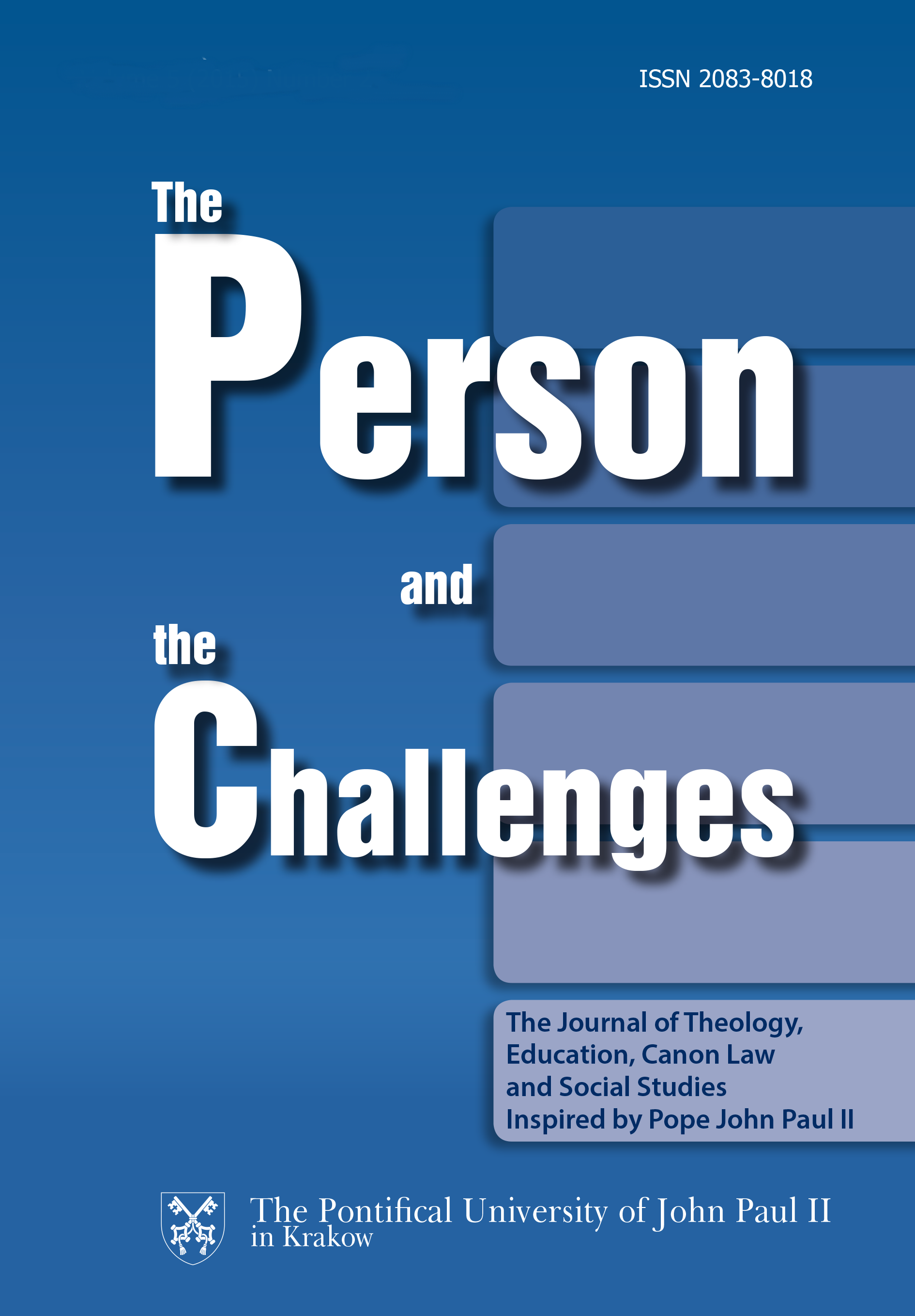The Relation between Consciousness and Emotions in the Thought of Karol Wojtyła
The Relation between Consciousness and Emotions in the Thought of Karol Wojtyła
Author(s): Grzegorz HołubSubject(s): Philosophy, Other Christian Denominations
Published by: Wydawnictwo Naukowe Uniwersytetu Papieskiego Jana Pawła II w Krakowie
Keywords: Karol Wojtyła; consciousness; emotions; emotionalization of consciousness; self-knowledge; language
Summary/Abstract: This article presents Karol Wojtyła’s thinking on consciousness and its possible distortion called the ‘emotionalization of consciousness’. In consciousness two functions can be distinguished, namely a receptive function and an experiencing/interiorizing function. When the emotionalization of this dual structure takes place, consciousness is weakened in registering emotional facts (in their cognitive aspect) as well as in their proper experiencing (i.e. in referring them to the interiority of the subject). Wojtyła concentrates on self-knowledge as a power, which can contribute to limiting or eliminating the emotionalization of consciousness. However, he does not mention how to strengthen self-knowledge and make it more adequate for the job. Hence, in the paper, the author underlines the role of understanding and command of language, which can make self-knowledge a more efficient tool.
- Issue Year: 5/2015
- Issue No: 2
- Page Range: 149-164
- Page Count: 16
- Language: English

